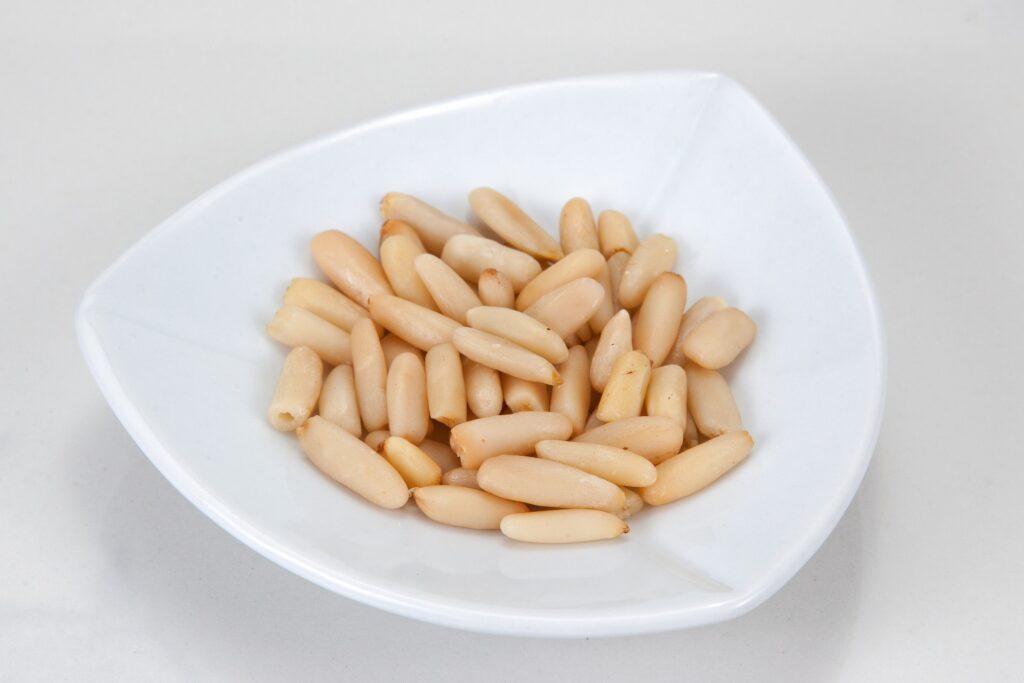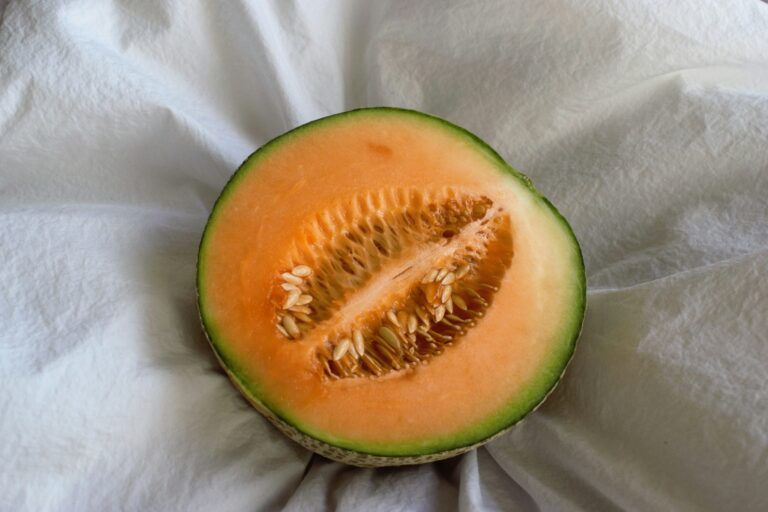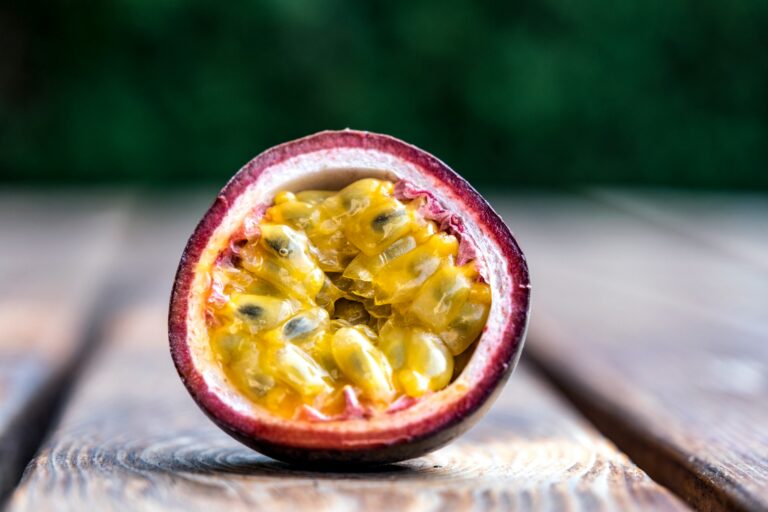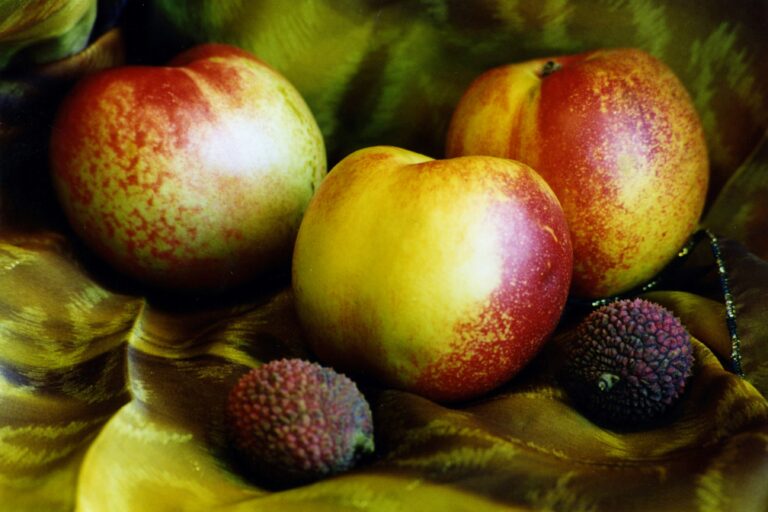The scientific name of pine nuts is Pinus pinea. Pine nuts are native to the Mediterranean coast. Pine nuts are also known as stone pine or Italian pine. Pine nuts are the edible seeds of pine and are sometimes called pine kernels. All these species are grown within the Northern Hemisphere, China, Korea, and Siberia. The number one production of pine nuts is the European stone pine.
Color: The color of pine nuts is a mixture of brown and orange color. Pine nuts belong to the brown color family.
Shape: All pine nuts have a recognizable tear-drop shape in some varieties. The pine seeds are typically thick-shelled and grow inside pine cones.
Size: pine nuts are usually smaller than a peanuts. Pine nuts are generally 7 to 10 mm in length. Pine nuts have rounded bottom with a narrow tip.
Flavor: pine nuts have an undercurrent flavor of sweetness, similar to cashews. Pine nuts are very high in oil, giving them an almost buttery texture. Delightful crunch and nutty flavor.
Nutrients
Pine nuts are beneficial and important for the human body as they are fully packed with nutrients. Nuts are rich in numerous minerals but the most important sources are zinc, carbohydrates, and proteins.
One cup serving of pine nuts contains many nutrients as they contain essential vitamins and minerals.
- Calories 673 kcal
- Protein 13.7 g
- Dietary Fiber 3.7g
- Carbohydrate 13.1 g
- Niacin 4.387 g
- Mono-unsaturated fats 18.7 g
- Total fats 68.4 g
- Cholesterol 0 mg
- Calcium 1% of the daily value
| How to grow Pine Nuts? |
Healthy Benefits of Pine Nuts
Pine nuts are incredibly beneficial and easy to enjoy in different recipes. Pine nuts help you manage your heart health and maintain a healthy weight.
Promote heart health
Heart diseases are related to heart and blood vessels. High levels of bad cholesterol and low density of lipoproteins (LDL) may increase the risk of heart disease. Pinolenic acid may help lower LDL cholesterol levels in the blood.
Maintain healthy weight
Pine nuts are a mixture of beneficial minerals and nutrients like fiber, healthy fats, and proteins. This combination helps you to feel full longer. In addition, nuts are high-calorie food.
Boost brain health
Eicosapentaenoic acid (EPA) and docosahexaenoic acid (DHA) are the types of omega-3, essential fatty acids. These are present in pine nuts help preserve brain health by contributing to slower cognitive decline and reducing the risk of depression. Pine nuts have also shown effects in reducing the symptoms and risk of dementia.
Improve blood sugar levels
Consumption of pine nut extracts may contribute to a decrease in fasting blood sugar levels. Unsaturated fats may have beneficial effects on blood sugar levels. Furthermore, pine nuts have polyphenols, or phenolic compounds, that have antioxidant properties and other health-promoting benefits.
Benefits diabetes
Type 2 diabetic patient who added pine nuts to their daily diet showed improved glucose control and reduction in bad cholesterol levels. Pine nuts have benefits for both glucose control and blood lipids.
Strengthen bones
Calcium is well-known for its bone health benefits. It not only increases bone mineral density but also reduces bone fracture rates. Pine nuts have a cholesterol-lowering potential.
Improves immune system
Manganese helps maintain the body’s hormones which help to keep the energy level up.
Skin protection
Vitamin E is essential for maintaining the skin’s surface. Vitamin E is present in pine nuts which is a powerful lipid-soluble antioxidant. It also helps to maintain the integrity of the cell membrane of mucous and skin by protecting it from harmful free oxygen radicals.
Reduce cancer risk
Magnesium content in pine nuts reduces the risk of developing pancreatic cancer by 24%.
Side Effects of Pine Nuts
Eating over pine nuts might cause
- Allergies and rashes
- Running nose and itchiness
- Dizziness and vomiting
Therefore, recommended to ask the doctor first before using pine nuts.
FAQ
What are the benefits of eating pine nuts?
You can manage your heart health, brain health, control diabetes, and keep a healthy weight by eating pine nuts. Pine nuts are high in magnesium, iron, zinc, antioxidants, and protein.
Why pine nuts are so expensive so expensive?
Harvesting pine trees is a labor-intensive procedure that is challenging. The nuts are taken from the cones after they have been manually collected, sun-dried, and deshelled. That’s why pine nuts are so expensive.






